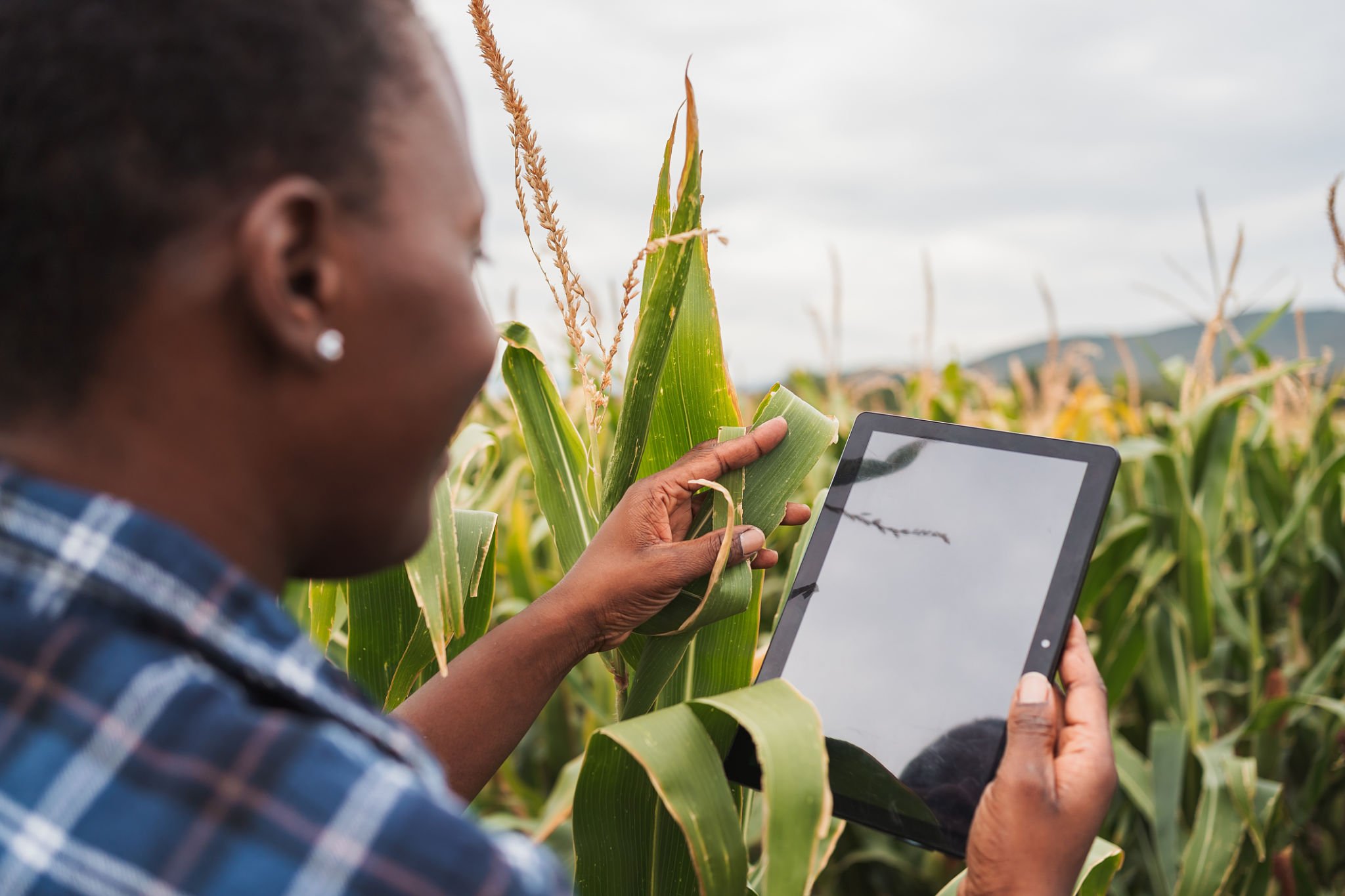The Role of AI in Sustainable Practices: A New Zealand Perspective
DW
As the world increasingly focuses on sustainability, New Zealand stands out as a leader in adopting innovative practices to protect its environment. One of the key drivers of this progress is the integration of Artificial Intelligence (AI) into sustainable practices. From agriculture to energy, AI is playing a crucial role in enhancing efficiency and reducing environmental impact.
New Zealand's commitment to sustainability is evident in its ambitious goals for reducing carbon emissions and promoting renewable energy. AI technologies are integral to achieving these objectives. By analyzing vast amounts of data, AI helps optimize resource use, minimize waste, and streamline processes, making it a powerful ally in the quest for a greener future.

AI in Agriculture
New Zealand's agriculture sector is a cornerstone of its economy, and AI is transforming how this industry operates. Through precision farming, AI enables farmers to monitor crop health, predict yields, and efficiently manage resources. This not only boosts productivity but also reduces the environmental footprint of farming activities.
Moreover, AI-driven tools can analyze weather patterns and soil conditions to provide farmers with actionable insights. This empowers them to make informed decisions about planting, irrigation, and harvesting, ultimately leading to more sustainable farming practices.

AI in Energy Management
The transition to renewable energy sources is a priority for New Zealand, and AI is pivotal in managing this shift. AI systems can predict energy demand and supply, ensuring optimal distribution of electricity from renewable sources like wind and solar. This enhances grid stability and reduces reliance on fossil fuels.
Furthermore, AI algorithms can optimize energy consumption in buildings and industries. By analyzing patterns of use, these systems can suggest adjustments that lead to significant energy savings, contributing to the country's sustainability goals.

AI in Conservation Efforts
New Zealand is renowned for its unique biodiversity, and AI is playing a vital role in conservation efforts. AI-powered drones and camera traps are used to monitor wildlife populations, track endangered species, and detect illegal activities in protected areas. This technology allows conservationists to gather data more efficiently and take timely action.
Additionally, AI can analyze environmental data to identify trends and predict potential threats to ecosystems. This proactive approach helps in developing strategies to preserve New Zealand's rich natural heritage for future generations.

Challenges and Opportunities
While AI offers numerous benefits, its implementation in sustainable practices comes with challenges. Data privacy, ethical considerations, and the need for skilled professionals are critical issues that need addressing. However, these challenges also present opportunities for innovation and growth in the AI sector.
Collaboration between government, industry, and academia is essential to overcome these obstacles. By working together, New Zealand can harness the full potential of AI to achieve its sustainability goals and set an example for other nations.

In conclusion, AI is a powerful tool in New Zealand's sustainability arsenal. By enhancing efficiency, reducing waste, and supporting conservation efforts, AI is helping the country build a more sustainable future. As technology continues to evolve, its role in sustainable practices will only grow, paving the way for a cleaner, greener planet.